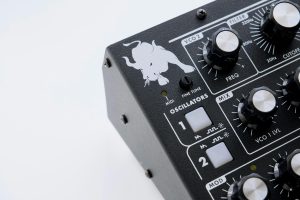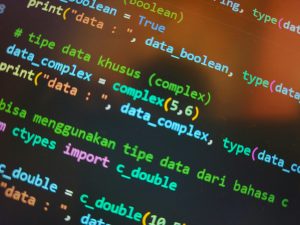AI Hiring Has Gone Full NBA Madness. $100M to Switch
AI Talent Race Heats Up as Meta Offers $100 Million Signing Bonus to Top Engineers
The landscape of artificial intelligence talent acquisition has taken a dramatic turn, reminiscent of high-stakes sports drafts. In a recent episode of the Unconfuse Me podcast, OpenAI CEO Sam Altman revealed a startling development: Meta is offering a staggering $100 million signing bonus to lure top-tier engineers away from OpenAI. To clarify, this figure represents an upfront signing bonus, not the total compensation package.
Remarkably, despite these colossal offers, OpenAI reports that its leading talent remains committed. Altman commented somewhat dismissively on Meta’s aggressive recruiting tactic, asserting that such monetary incentives are not the path to building a resilient and innovative corporate culture. This stance suggests confidence in OpenAI’s ability to retain its key team members, even amidst the allure of such enormous paydays.
Meta’s aggressive recruiting strategy underscores its ambition to dominate the AI field. Over the past few years, the tech giant has invested billions into AI research, from developing Llama models to supporting open-source initiatives. However, this latest move raises questions about industry dynamics—does this indicate desperation? Or is it simply a reflection of how fiercely companies are competing to secure top AI talent?
This development prompts several important questions:
-
Would professionals consider leaving their current roles for a $100 million signing bonus, especially if they’re passionate about their work?
-
To what extent does team culture and mission influence decision-making at this level, or does financial gain overshadow other factors?
-
Is this kind of bidding war becoming the new norm in AI hiring, and what implications might it have for the industry’s future?
In many ways, we’re witnessing the early stages of an elite talent draft, where a handful of tech giants pour enormous sums into a limited pool of top researchers—creating a competitive, high-stakes environment that could reshape how AI teams are built and maintained.
As the AI race intensifies, it remains to be seen whether such strategies will accelerate innovation or lead to unprecedented challenges within the industry. One thing is clear: the competition for AI talent has entered a new and aggressive chapter.














Post Comment